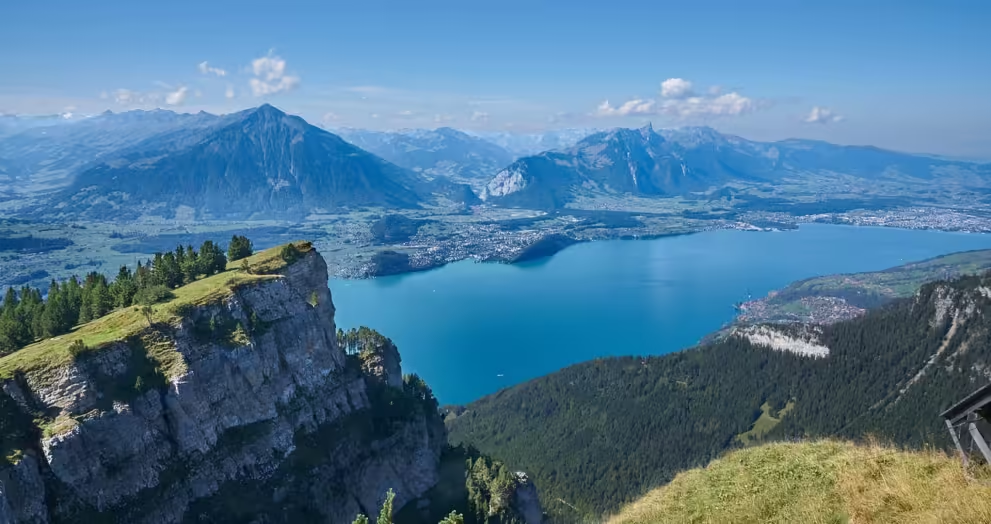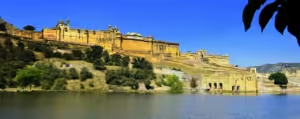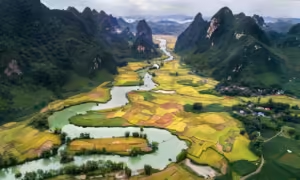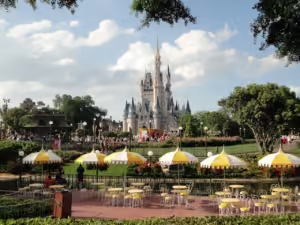Switzerland, a landlocked country nestled in the heart of Europe, is renowned for its stunning landscapes, rich cultural heritage, and vibrant cities. Often mistakenly compared to Sweden, Switzerland stands out with its unique identity, characterized by its picturesque mountains, exquisite cuisine, and efficient public transport system. This article delves into the various facets of Switzerland, providing insights into its history, culture, and travel tips, making it an essential guide for anyone looking to explore this beautiful nation.
Where is Switzerland Located?
Switzerland is located in Central Europe, bordered by Germany to the north, France to the west, Italy to the south, and Austria and Liechtenstein to the east. This strategic location has made Switzerland a melting pot of cultures and languages, contributing to its rich history and diverse demographics.

When Was Switzerland Founded?
The foundation of Switzerland dates back to 1291 when three cantons—Uri, Schwyz, and Unterwalden—formed a defensive alliance against external threats. This alliance laid the groundwork for the Swiss Confederation, which has evolved over the centuries into the modern nation we know today. The country officially became a federal state in 1848, marking a significant milestone in its political history.
What is Switzerland Famous For?
Switzerland is famous for several reasons, including:
– Scenic Landscapes : The Swiss Alps, including the iconic Matterhorn mountain, attract millions of tourists each year.
– High-Quality Chocolate : Swiss chocolate is renowned worldwide, with brands like Lindt and Toblerone leading the market.
– Watches : Swiss watchmaking is synonymous with precision and luxury, with brands like Rolex and Patek Philippe setting the standard.
– Banking : Switzerland is known for its robust banking system and financial services, contributing significantly to its wealth.
How Switzerland Became Rich
Switzerland’s wealth can be attributed to several factors:
1. Neutrality : Switzerland’s long-standing policy of neutrality has allowed it to avoid wars and maintain stability, attracting businesses and investments.
2. Innovation : The country invests heavily in research and development, particularly in pharmaceuticals, technology, and finance.
3. Tourism : With its breathtaking landscapes and cultural heritage, tourism plays a vital role in the Swiss economy.
4. Banking and Finance : The Swiss banking system is known for its privacy and security, making it a global financial hub.
Switzerland Demographics
Switzerland has a diverse population of approximately 8.6 million people. The country is home to four official languages: German, French, Italian, and Romansh, reflecting its multicultural society. The capital of Switzerland is Bern, a city that embodies the country’s historical and cultural essence.

Switzerland Flag
The Swiss flag features a bold red background with a white cross at its center. This simple yet striking design symbolizes peace and neutrality, principles that Switzerland has upheld for centuries.
Cultural Heritage
Switzerland boasts a rich cultural heritage that blends influences from its neighboring countries. The country is known for its festivals, traditional music, and folk art. Each region has its unique customs, from the vibrant Fasnacht carnival in Basel to the yodeling traditions in the Alps. Swiss culture is also reflected in its architecture, with picturesque villages and historic cities like Zurich, Geneva, and Lucerne showcasing a blend of medieval and modern designs.
Tourist Attractions
Switzerland is home to numerous tourist attractions, making it a must-visit destination for travelers:
1. Matterhorn : This iconic mountain is a symbol of Switzerland and a popular destination for hikers and skiers.
2. Grindelwald : A charming village nestled in the Bernese Alps, Grindelwald offers stunning views and outdoor activities year-round.
3. Bernina Express Train : This scenic train journey takes travelers through breathtaking landscapes, including glaciers and picturesque valleys.
4. Lake Geneva : Known for its stunning views and vibrant cities like Geneva and Montreux, Lake Geneva is a popular spot for relaxation and exploration.
5. Jungfraujoch : Known as the “Top of Europe,” this mountain pass offers breathtaking views and access to stunning hiking trails.
Travel Tips
When planning a trip to Switzerland, consider the following tips:
– Public Transport : Switzerland has an efficient public transport system, including trains, trams, and buses. Consider purchasing a Swiss Travel Pass for unlimited travel.
– Currency : The Swiss Franc (CHF) is the official currency. Credit cards are widely accepted, but it’s advisable to carry some cash for smaller establishments.
– Language : While many Swiss people speak English, learning a few basic phrases in German, French, or Italian can enhance your experience.
– Weather : Switzerland’s weather varies by region and season, so check forecasts and pack accordingly. The Alps can be cold even in summer, while cities like Zurich and Geneva enjoy milder temperatures.
Best Time to Visit
The best time to visit Switzerland depends on your interests:
– Winter (December to February) : Ideal for skiing and winter sports in the Alps.
– Spring (March to May) : Perfect for hiking and enjoying blooming landscapes.
– Summer (June to August) : Great for outdoor activities and exploring cities, with warm weather and longer days.
– Autumn (September to November) : Offers stunning fall foliage and fewer tourists.
Cuisine of Switzerland
Swiss cuisine is a delightful blend of flavors, influenced by its neighboring countries. Some must-try dishes include:
– Fondue : A traditional dish made by melting cheese and served with bread for dipping.
– Rösti : A Swiss potato dish, similar to hash browns, often served as a side.
– Chocolate : Indulge in rich Swiss chocolate, available in various forms, from bars to truffles.
– Raclette : Melted cheese served with potatoes, pickles, and cured meats.
FAQ
Are Switzerland and Sweden the same?
No, Switzerland and Sweden are distinct countries located in different regions of Europe. Switzerland is a landlocked country in Central Europe, while Sweden is a Nordic country in Northern Europe.
Which Switzerland city to visit?
Popular cities to visit in Switzerland include Zurich, Geneva, Lucerne, and Bern, each offering unique attractions and experiences.
What is the Switzerland 2 letter country code?
The 2-letter country code for Switzerland is CH, derived from the Latin name “Confoederatio Helvetica.”
What is the Switzerland abbreviation?
Switzerland is often abbreviated as “SUI,” especially in sports and international contexts.
What is the Switzerland population?
As of 2023, Switzerland has a population of approximately 8.6 million people.
What languages are spoken in Switzerland?
Switzerland has four official languages: German, French, Italian, and Romansh.
What is the weather like in Switzerland?
Switzerland’s weather varies by region and season, with cold winters and mild summers. The Alps can experience significant snowfall in winter, while cities have a more temperate climate.
Conclusion
Switzerland is a country that captivates with its stunning landscapes, rich cultural heritage, and vibrant cities. Whether you’re exploring the breathtaking Alps, indulging in delicious Swiss cuisine, or immersing yourself in the local culture, Switzerland offers a unique experience for every traveler. Plan your visit to discover the charm and beauty of this remarkable nation.
“Unleash your curiosity! Dive into thrilling travel adventures, blockbuster movie insights, cutting-edge health tips, and the latest tech breakthroughs! For the freshest blog posts, visit Wanderers Blog. Don’t miss out—subscribe to our newsletter today!”
Sources
https://www.britannica.com/place/Bern
https://www.scotland.org/about-scotland/culture/music/traditional-music
https://www.thetravel.com/things-to-do-in-the-french-antilles-complete-guide
https://www.clubmed.co.uk/l/ski-holidays/ski-hub/skiing-in-the-french-alps














